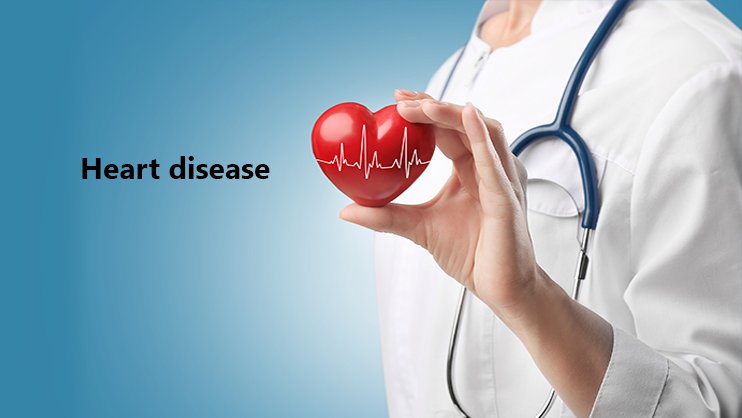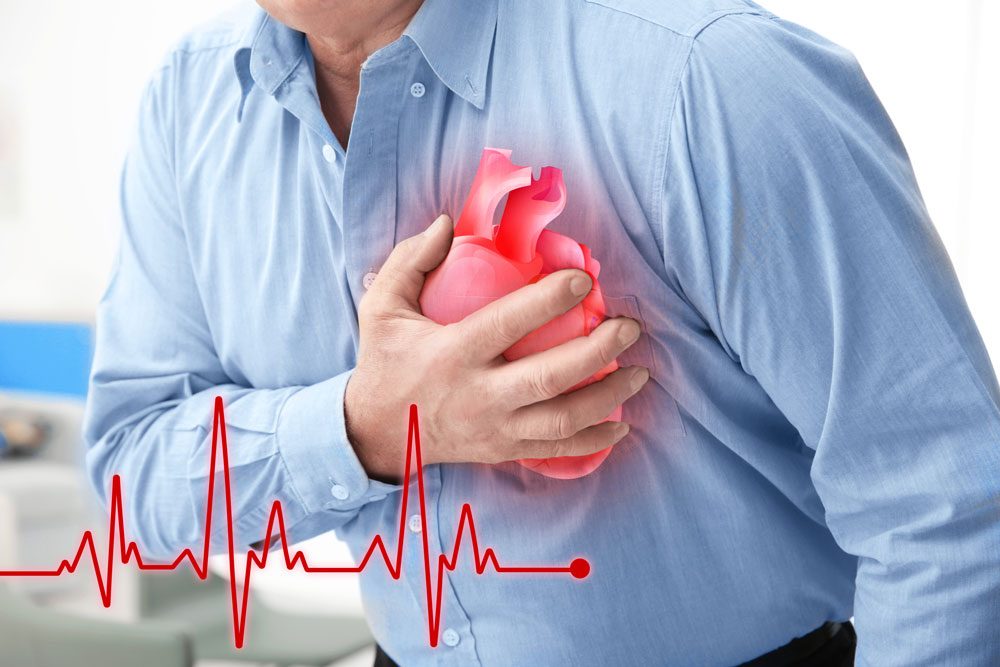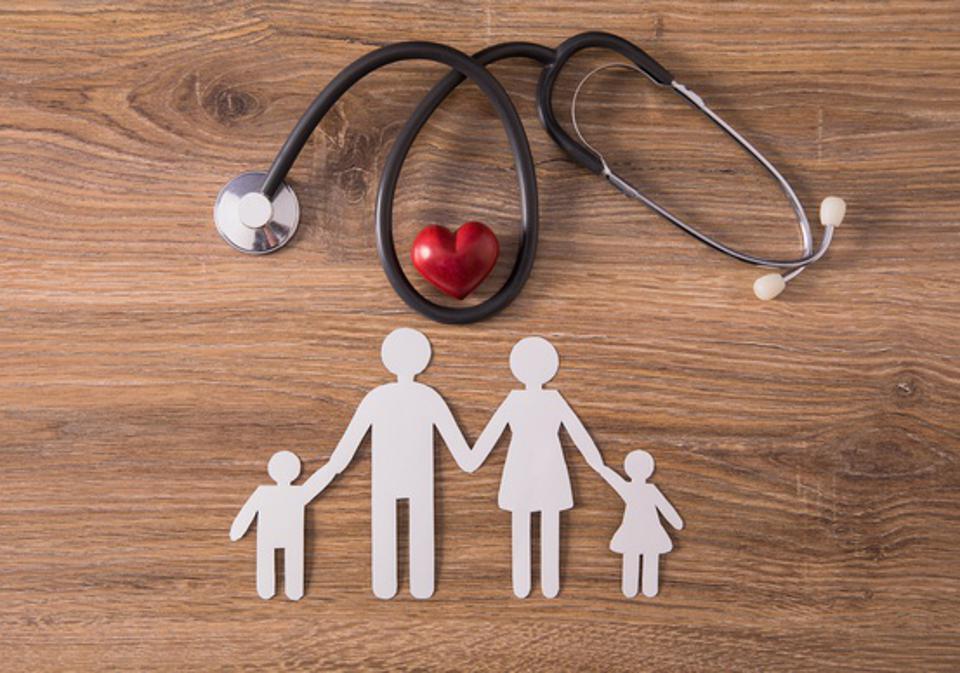
Heart disease is an umbrella term for many different kinds of heart problems. The most common form of heart disease in America is coronary artery disease (CAD), which affects the arteries that supply the heart with oxygen-rich blood. This disease is responsible for about a third of all heart attacks and fatalities in America each year. If you are at risk for coronary disease, you should get routine screenings and examinations from a cardiologist on a yearly basis.
Heart disease is caused by a variety of different factors. These factors can vary widely and are not always predictable with any kind of consistency. The good news is that by keeping a careful track of your health over time, you can detect many kinds of potential heart disease symptoms. The two major categories of diseases related to the heart are cardiovascular and rheumatic. In this article we will take a look at some of the more common causes of cardiovascular disease.
One of the biggest contributing factors to heart disease is high blood pressure (hypertension). If you are at risk for heart disease, it is very important to control your blood pressure. If you don’t already have a healthy blood pressure level, it is important to get it checked regularly. Other possible heart disease symptoms associated with hypertension include dizziness, fainting, chest pain, headaches, nausea, poor eating habits, and fatigue.
Heart attack and stroke are other potentially serious complications of heart disease. A heart attack is caused by either a blood clot in the arteries (ischemia) or a lack of oxygen to the heart (ischemia-venous thrombosis). Stroke occurs when blood runs into areas of the brain that are close to the heart (ischemia-pulmonary embolism). Both of these conditions can be fatal if they aren’t treated in time. It is important to note that males are more likely to die from either heart attack or stroke than females, despite the fact that they are less likely to have heart disease overall.
Hypertension is not the only cause of heart disease. Smoking is a leading cause of heart disease, and in the United States it is the second leading cause of death behind cancer. Many people don’t realize that smoking is a serious health risk. Even if you never have any problems with heart disease while smoking, over time smoking can lead to serious, irreversible problems. Heart attacks, strokes, and kidney failure have all been reported as the result of someone who has smoked cigarettes.
Cardiovascular disease is a very serious condition, but it is much more widespread than many people think. If you suspect that you are at risk for heart disease, please talk to your doctor immediately. They will be able to test you for cardiovascular disease and help you find a treatment that will work best for you. Although there is no cure for heart disease, there are plenty of treatment options available, including medications, diet changes, exercise, and lifestyle changes. Treatment is often targeted toward reducing the risk of heart disease occurring in the first place, so it’s important to get checked out to ensure that you are doing everything you can to prevent and treat any potential heart disease.














